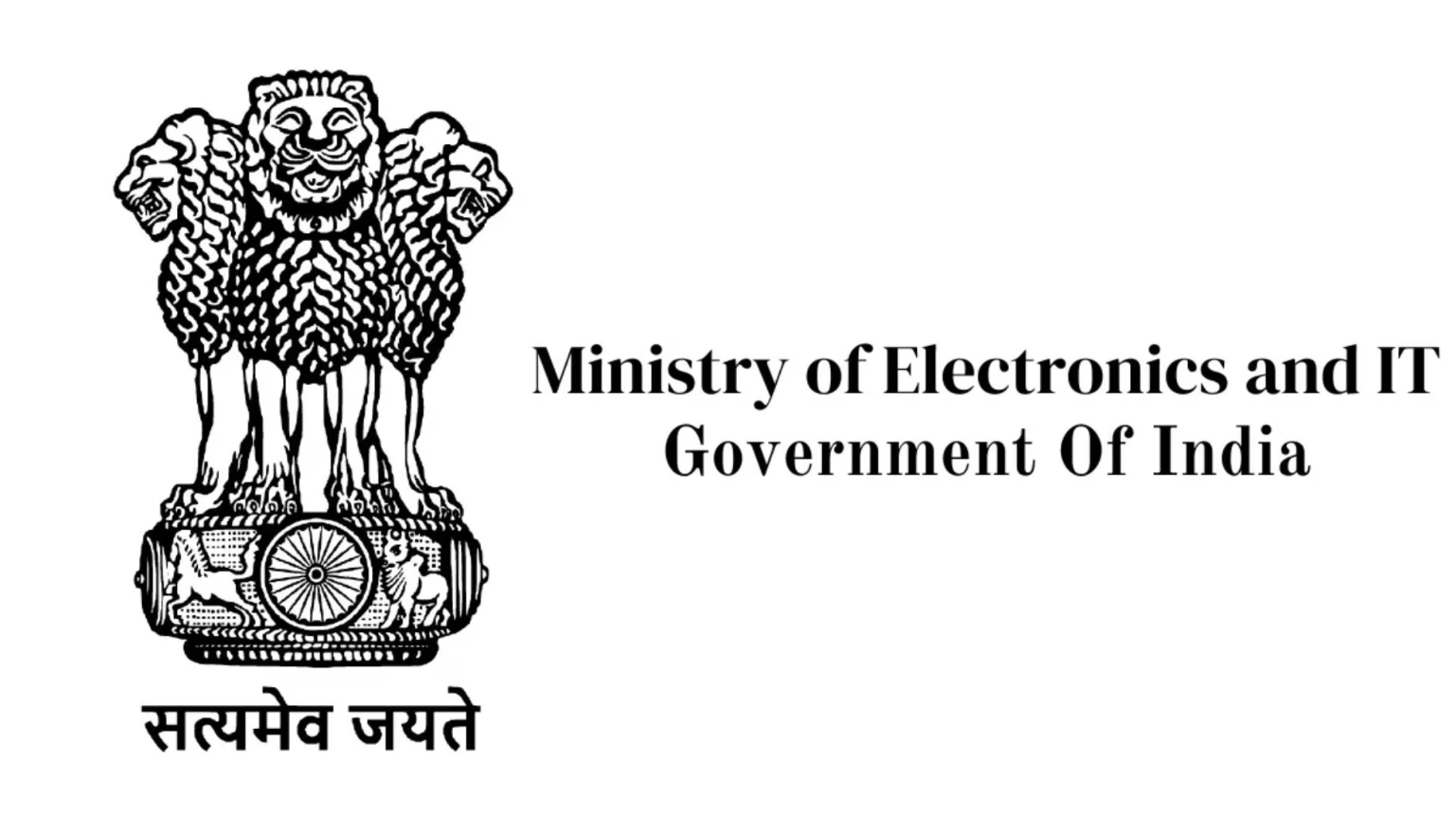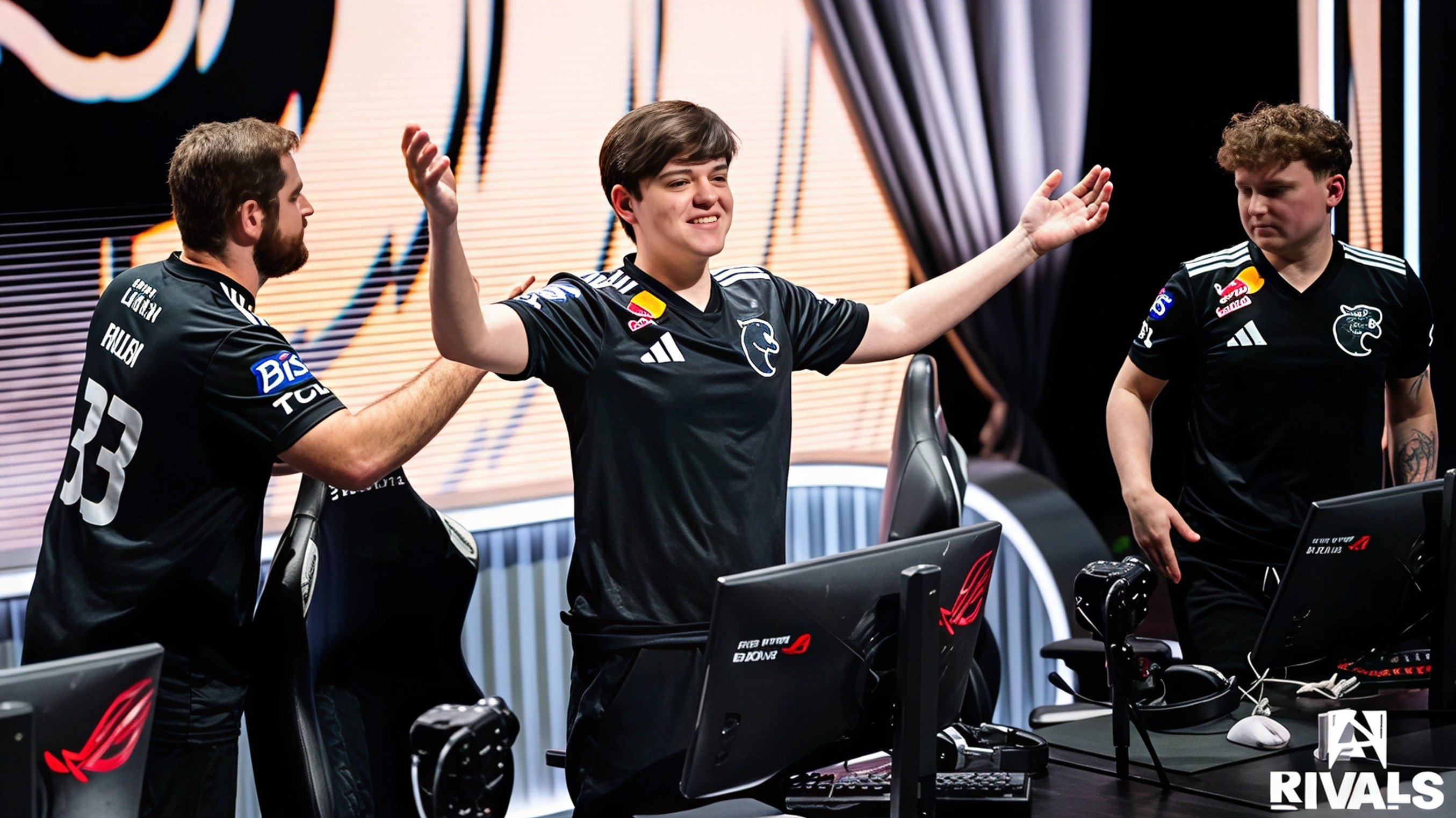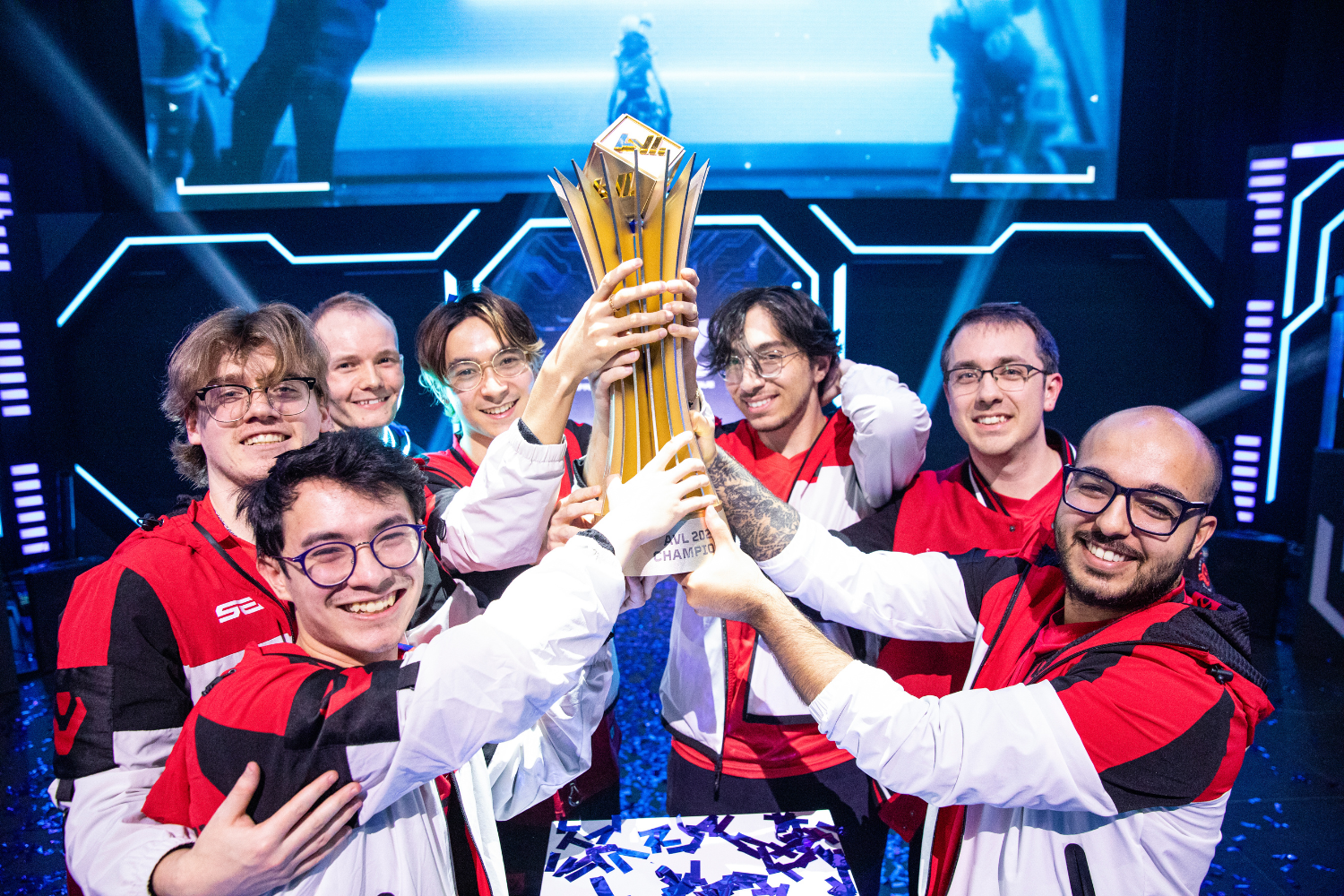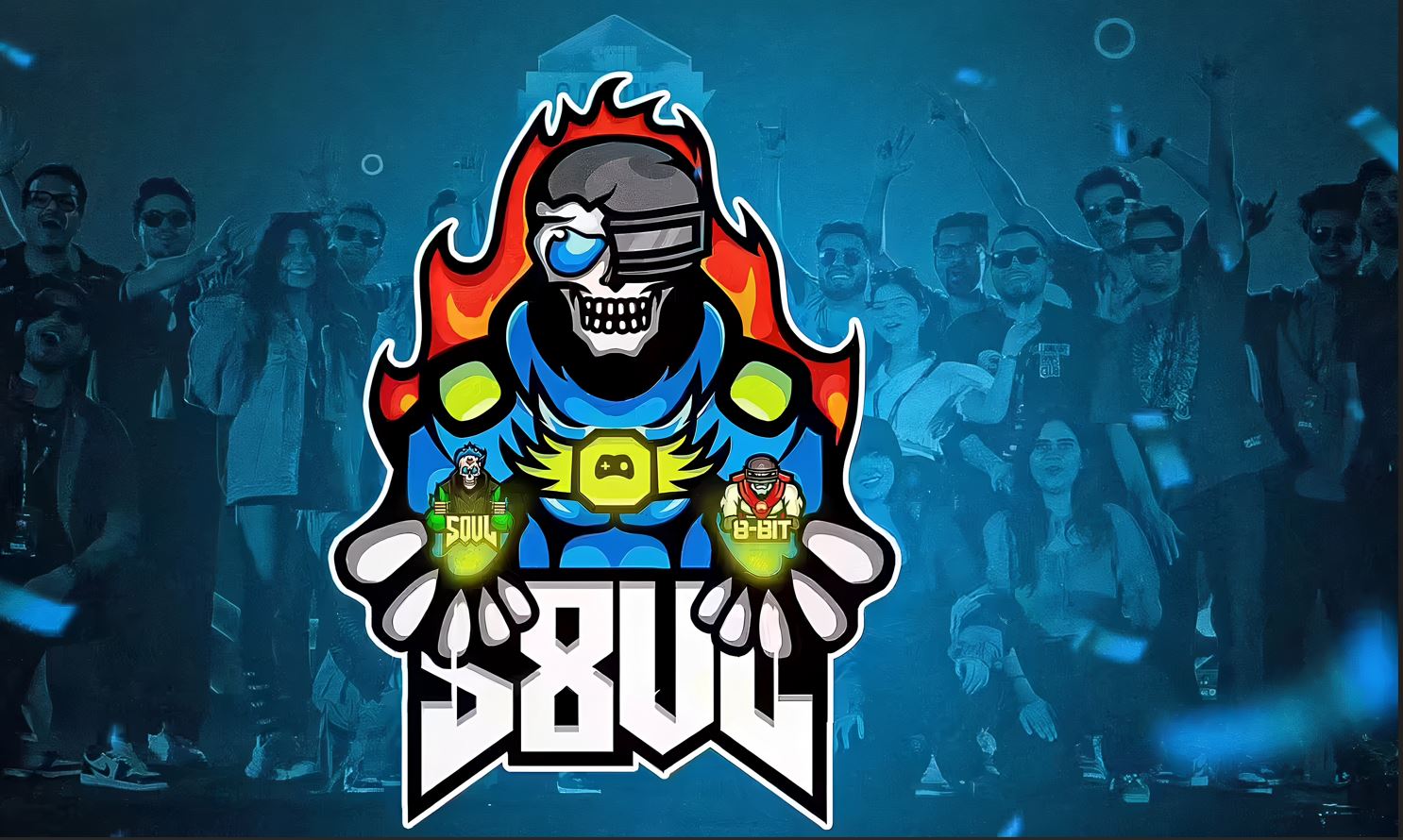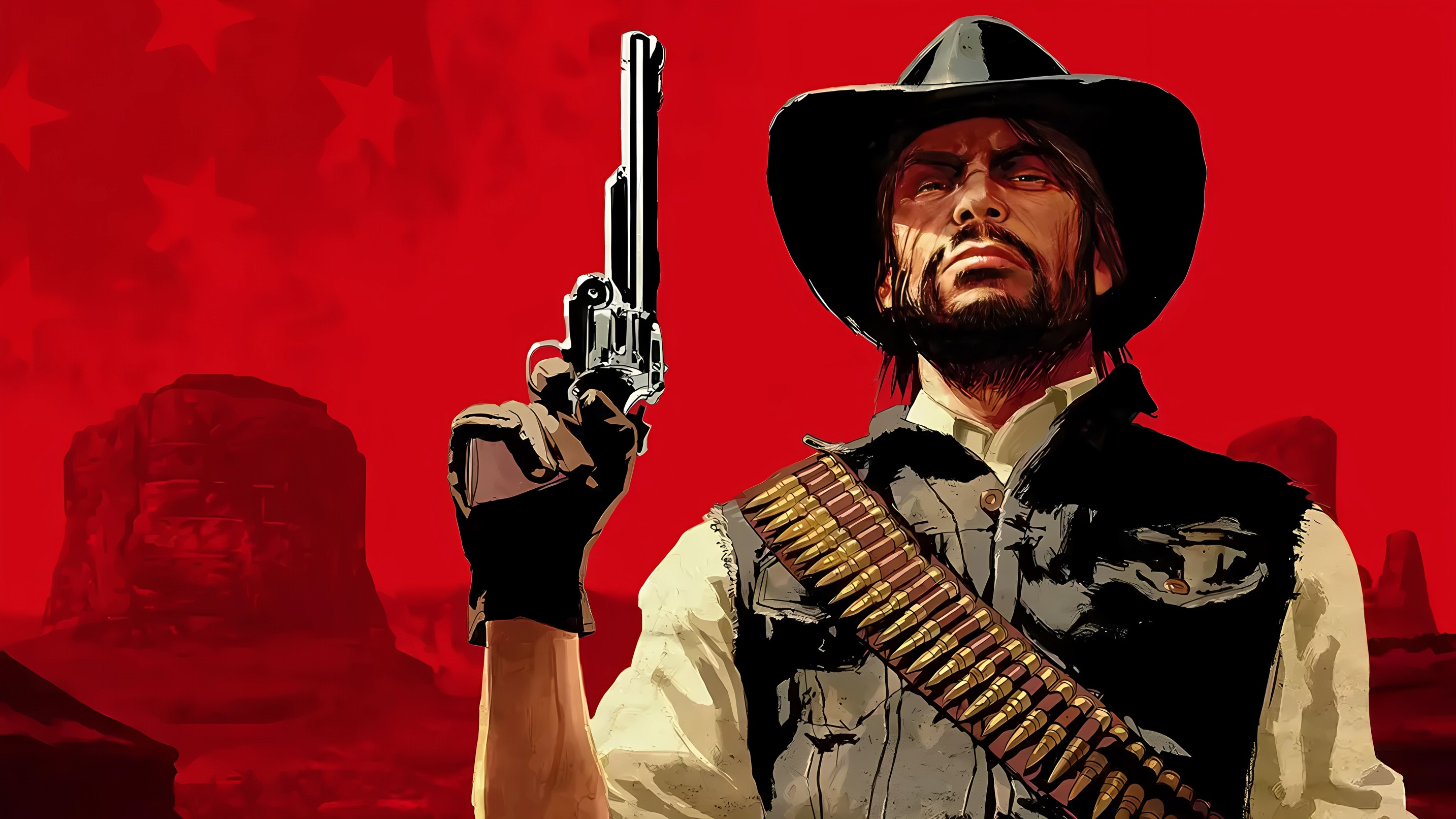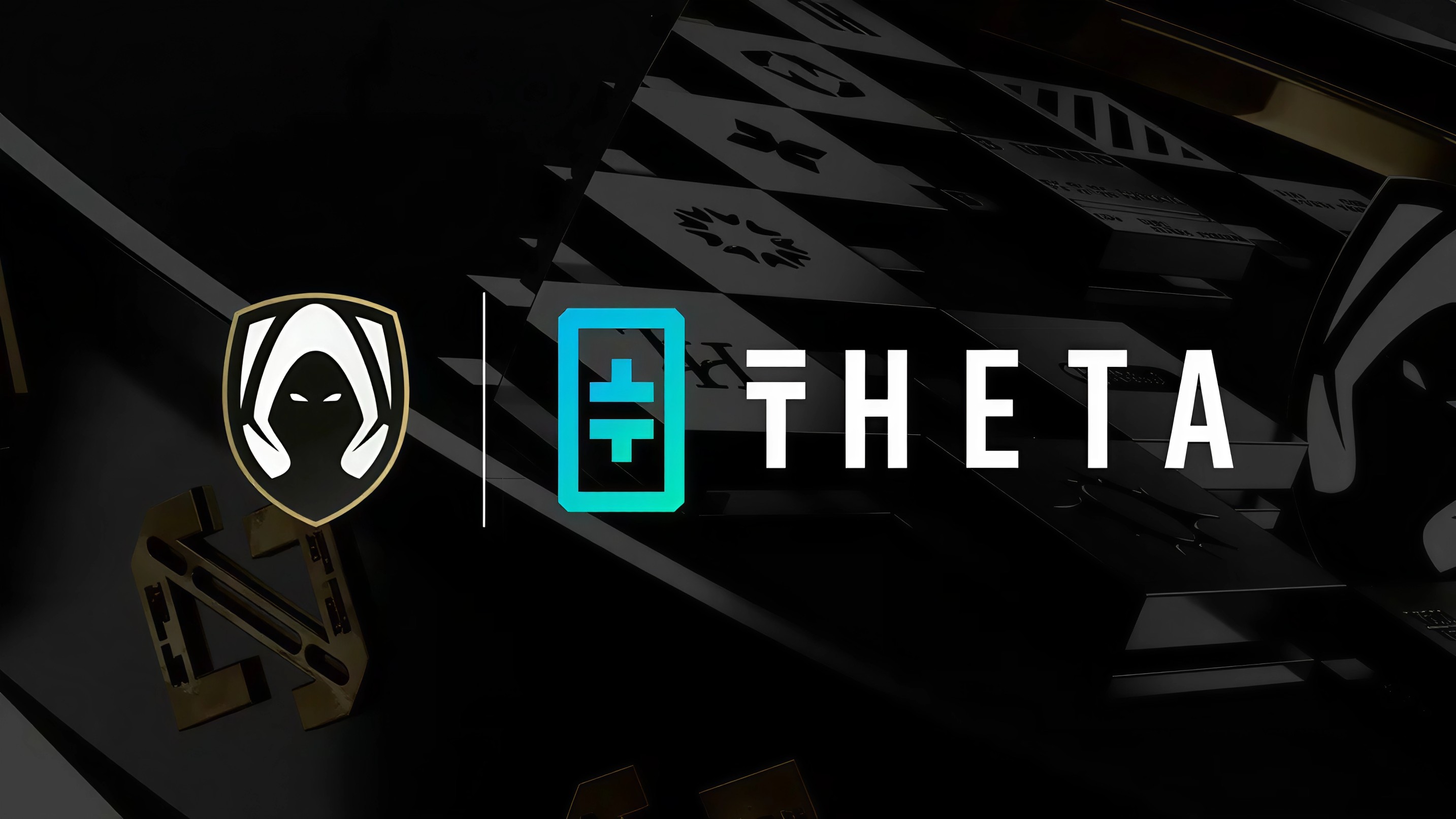India’s game-dev community just unlocked an important buff. A dedicated policy secretariat will live inside GDAI to act as the single window between studios, esports bodies, platforms, and the government as the Online Gaming Act moves into implementation. That changes the tempo from scattered position papers to coordinated inputs with timelines and owners.
What the secretariat will actually do
Collect structured feedback from studios and publishers on draft rules, convert that into redlines and model clauses, and route it into the right ministry desks. It will also publish plain-English explainers so mid-sized teams understand what the new regime asks from a compliance point of view. Think age-gating, grievance redressal, spend transparency, loot-box disclosures, and ad standards. On esports, it will document eligibility and anti-cheat frameworks that work for India’s broadband reality rather than lab conditions.
Why this is arriving now
Parliament has passed the umbrella law and the clock is ticking to finalise rules. The technology ministry has flagged a consultative approach and set a near-term enforcement date. That opens a short window where the industry can influence how definitions, thresholds, and enforcement actually land on dev desks. A standing secretariat keeps that pipe open beyond the first notification so updates are continuous rather than crisis-driven.
What to expect next
A sprint calendar with topic blocks. Definitions of real-money mechanics and prohibited monetisation, safe-harbour processes for social games and esports, content rating convergence with global labels, and data residency for minor accounts. Expect cross-talk with payment and advertising regulators so studios are not whipsawed by conflicting rules.
If you build or publish in India, practical moves today
Inventory your titles for features regulators care about. Map out spend visibility, session timers, and parental controls. Keep an audit log of changes so you can show regulators how you responded. If you run tournaments, refresh your anti-cheat policy and volunteer to pilot reporting templates with the secretariat. That goodwill pays off when enforcement starts.
The bigger picture
Healthy rules make it easier to raise capital and export games. Clear lanes for esports and social gaming separate them from money-gaming headlines. A secretariat staffed by people who ship games for a living is how you get rules that protect users without strangling design.
Follow Gaming Moves on Instagram and Facebook for rule trackers, compliance checklists you can copy, and a weekly decode of what the Act means for game design.

